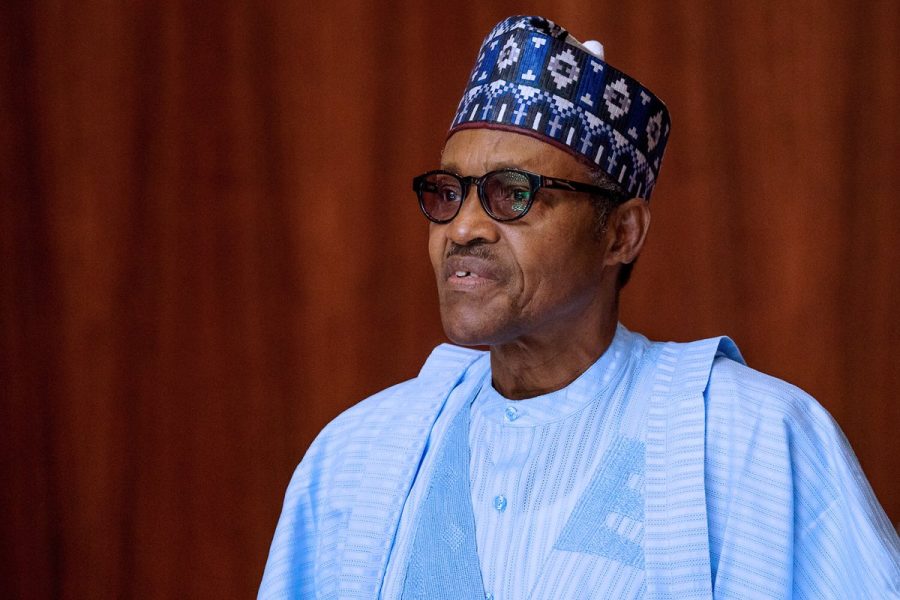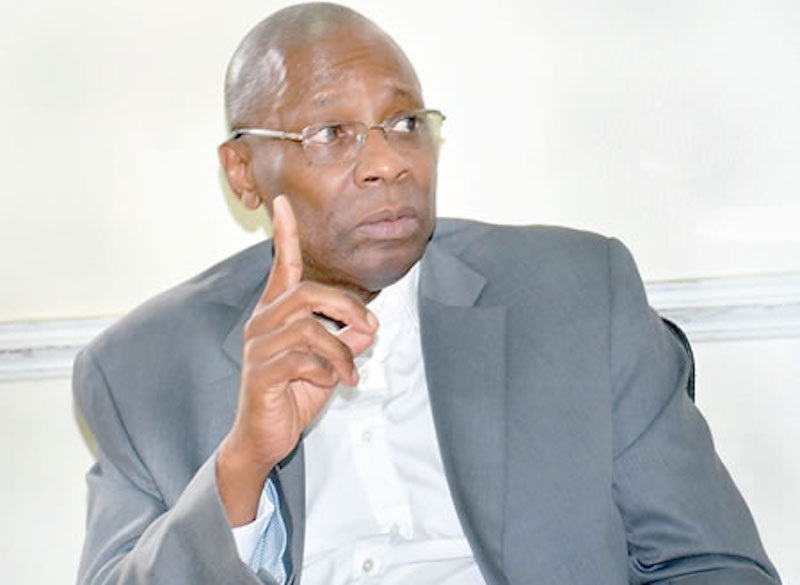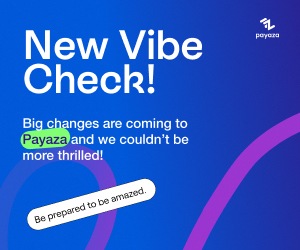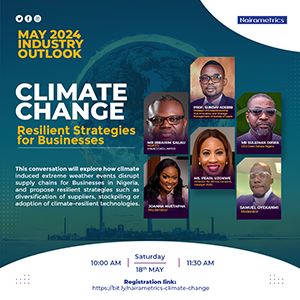The Manufacturers Association of Nigeria (MAN), Lagos Chamber of Commerce and Industry (LCCI), Nigeria Employers’ Consultative Association (NECA), Nigerian Association of Chambers of Commerce, Industry, Mines and Agriculture (NACCIMA) and other private sector operators, have unanimously kicked against the Federal Government’s intention to increase Value Added Tax (VAT) to 7.2% from 5%.
Nairametrics had reported that the Federal Executive Council (FEC) had on Wednesday, September 11, 2019, approved the increment of the VAT.
In recently held separate interviews, the private sector stakeholders expressed confidence that the VAT increment will have a negative impact on the real sector and the economy at large.
While enjoining the Federal Government to shelve its plan to increase the VAT, the operators advised the government to include more enterprises in the tax net to widen the tax base instead of increasing the VAT rate.
[READ ALSO: Nigerians might be hit with higher ticket price as airlines battle fuel scarcity, fuel price increase]
According to Mansur Ahmed, MAN President, Mansur Ahmed, the plan to increase VAT would worsen the current economic hardship Nigerians are experiencing at the moment.
Ahmed said, “Increasing VAT by nearly 50 per cent would worsen the problem of high cost of doing business in the country. It will also reduce the effective demand of consumers in purchasing goods and services. This will not augur well with manufacturers who already have more unsold items in their warehouses due to low purchasing power of Nigerian consumers.
“Therefore, efforts should be directed at expanding the tax base. This effort has not been exhausted.”
Backing Ahmed’s statement, the Director General of the LCCI, Muda Yusuf, said the VAT hike would threaten the business environment that is already challenging investors.
He said: “And knowing the way VAT is operated in this environment, it will not count whether the product is an input for production or not. Because practically everything is subjected to VAT unlike what happens in other climes where VAT is treated purely as a consumption tax.”
On her part, the National President of NACCIMA, Hajiya Saratu Iya Aliyu, said while the country had not fully recovered from the 2016 economic recession, it makes no economic sense for the Nigerian government to increase VAT.
Aliyu argued that the GDP growth rate per quarter has been 1.74 per cent on average – not exceeding 2.4 per cent at its highest point, since the country regained positive economic growth in the second quarter of 2017.
She added that inflation rate is still high, revolving around 11.3 per cent since May 2018 while unemployment rate as at the third quarter of 2018, stood at 23.1 per cent, with an estimated 20.9 million people unemployed.
NECA Director General, Timothy Olawale, however, said in the event that the Federal Government decided to increase VAT against the will of the people, the increase should be limited to luxury or ostentatious goods only.
[READ ALSO: NNPC spends estimated N33.60/litre on petrol subsidy]






















